Barack Obama’s A Promised Land offers a revelatory tale of hope
A Promised Land is the most candid and reflective memoir by a US president and reveals a sobering reminder that we are rarely on the radar of our most important ally.
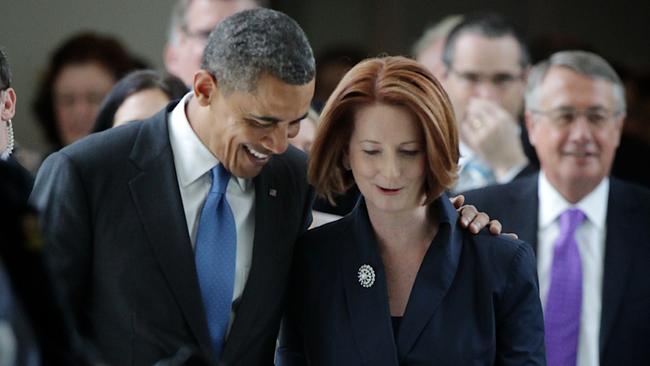
Obama’s memoir, A Promised Land, is styled much like the man himself. He often writes like an outsider observing another presidency, as a narrator would tell a story they are not involved in, making shrewd judgments and insightful observations from a perspective seemingly detached from events.
The result is that this is the most candid and reflective memoir by a US president. Having read every memoir by a US president in the past century and more, I cannot recall a style so unlike the prose that usually spools from the presidential pen eager to buttress their place in history. (Obama wrote this by hand on yellow legal pads.)
In 751 pages, Obama is always acutely — often painfully — aware that, as his communications chief Robert Gibbs said, he does not look like the previous presidents. The complex and contradictory story of race in America is ever present. It shapes how he approaches the 2008 campaign, the issues he prioritises and how he comports himself as president.
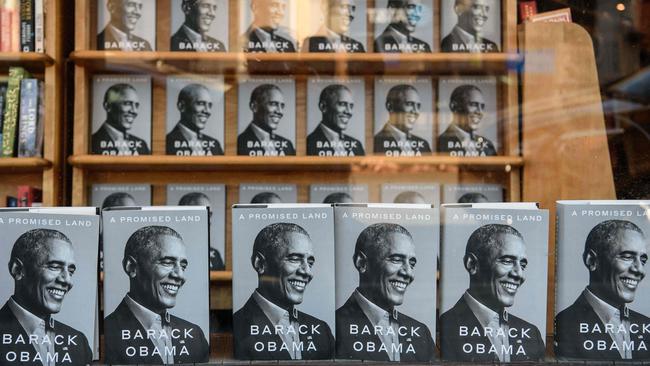
“In a democracy, you needed a majority to make big change, and in America that meant building coalitions across racial and ethnic lines,” he writes. His campaign team “made no apologies for de-emphasising any topic that might be labelled a racial grievance, or split the electorate along racial lines, or do anything that would box me in as ‘the Black candidate’.”
When Donald Trump ludicrously claimed that Obama was not born in the US, it reinforced the feelings of millions of Americans “spooked by a Black man in the White House” that he was illegitimate. “It was if my very presence in the White House had triggered a deep-seated panic, a sense that the natural order had been disrupted,” Obama writes. Trump’s conspiracy was “an elixir for their racial anxiety”.
The book is littered with personal doubts and insecurities coupled with moments of second-guessing strategies and decisions. It is surprising to see Obama convey to the reader, in a most un-presidential way, his reservations and worries. Is this confected? No. It reflects his natural introspectiveness. And it probably shows his literary skills in sharing vulnerabilities. But, above all, this is a hopeful book that still believes in the promise of America.
It is surprising that Obama begins with several chapters recounting his upbringing, education and formative political experiences. Presidents usually eschew writing about their early years. They often shape the story of their lives in the dreaded subgenre of the campaign memoir, which also can be helpful for dealing with any hitherto closeted skeletons. Moreover, Obama has already written about his early years and struggle to reconcile his identity as the son of a white woman from Kansas and a black man from Kenya, whom he hardly knew, growing up in Hawaii and Indonesia. Dreams from My Father (1995) was a well-regarded coming-of-age memoir. But it skyrocketed to fame only after Obama burst on to the national political scene when he gave the keynote speech at the Democratic National Convention in 2004.
Obama describes his youthful “shortcomings” and “deficiencies”. He was a “lackadaisical student” and “dedicated partyer” with “half-baked opinions”. He felt “shame” for prioritising politics over being in the hospital when his mother died. He wonders if his ambition was driven by “ego” and “vanity”, or identity issues. He reveals that Michelle Obama was hardly encouraging. “I hate politics,” she said.
He chronicles the 2008 presidential nomination process and election, and first few years of the Obama administration. The global financial crisis, the battle over healthcare, and wars in Afghanistan and Iraq are detailed. The memoir ends with the killing of Osama bin Laden in 2011. A second volume beckons. (Harry Truman and Dwight D. Eisenhower split their presidential memoirs into two volumes.)
The hopeful fervour that inspired his candidacy was a trap for the presidency. “It would be impossible to meet the outsized expectations,” he writes. Still — a word he uses often — he proudly claims the expansion of healthcare and the response to the GFC, which saved the car industry and stabilised the financial system, as first-term successes. But having lost seats in the midterm elections, he recognises the failure “to rally the nation” to capitalise on these achievements.
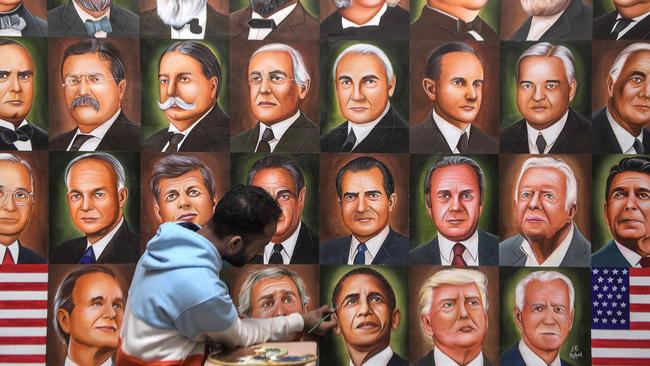
There are pen portraits of leading political figures. Up close, he found George W. Bush to be “straightforward, disarming, and self-deprecating”. He judged Clinton to be a tough competitor and “the best person” to be secretary of state. (She repeatedly turned down the job offer.) He respected McCain’s “fundamental decency”. Sarah Palin was “a potent disrupter” but had “no idea what the hell she was talking about”.
He lashes the obstructionism of congressional Republicans, chiefly Mitch McConnell, and rejects the common criticism that he should have spent more time wheeling and dealing, channelling Lyndon Johnson.
Whereas Obama was “cool and collected”, vice-president Joe Biden was “all warmth, a man without inhibitions”. Obama admired Biden’s decency and integrity, recognised his policy strengths and legislative experience, and let him lead congressional negotiations. (Obama considered Virginia senator Tim Kaine as a running mate.)
Obama is brilliant at illustrating his narrative: how the light pours into the Oval Office, what it is like living in the residence “above the store” but still in “the bubble”, the mood of a meeting, the stance and demeanour of people he meets. He describes what it is like “to be the president”: the Secret Service detail, the White House staff, pressures on daughters Malia and Sasha, and even having to pay for toilet paper.
There are no mentions of Australia or the prime ministers who straddled the Obama presidency: Kevin Rudd, Julia Gillard, Tony Abbott and Malcolm Turnbull. It is a sobering reminder that we are rarely on the radar of our most important ally. Obama has written a vastly better memoir than Rudd or Turnbull, who were bent on revenge, self-justification and legacy-building, and lacked awareness of their failings.
There are low expectations for presidential memoirs. Bush II focused on key life “decision points”. Bill Clinton wrote an overly long, yet enjoyable, folksy memoir. Bush I refused to write a full-life memoir. Jimmy Carter, Gerald Ford, Richard Nixon, Eisenhower and Truman’s books are valuable but rather workmanlike. Ronald Reagan and LBJ, like others, had theirs written by committee. It never works. “One of these days I’m going to read it myself,” Reagan said after his autobiography was launched.
In the balance of history, the spoken word matters more than the written word. The power of presidential speech is encapsulated in Teddy Roosevelt’s conception of “the bully pulpit”. Presidents have an almost unrivalled capacity to shape opinions. They make their mark with lyrical speeches that are remembered long after they have departed. Think of George Washington’s Farewell Address, Abraham Lincoln’s Gettysburg Address, Franklin D. Roosevelt’s “Day of infamy” speech after Pearl Harbor, Eisenhower’s departing warning about the “military-industrial complex”, John F. Kennedy’s “Ask not” inaugural, LBJ’s “We shall overcome” civil rights oration and Reagan’s “Tear down this wall” demand in West Berlin.
Fewer presidents make their mark with the written word. The best book by a president is Ulysses S. Grant’s Personal Memoirs of US Grant (1885-86), but this dealt mostly with the civil war. Obama, however, is a talented and thoughtful writer who is willing to wrestle with history, and his place in it, more than his predecessors. It sets a new standard for presidential memoirs.
Barack Obama’s A Promised Land is published by Penguin Random House.


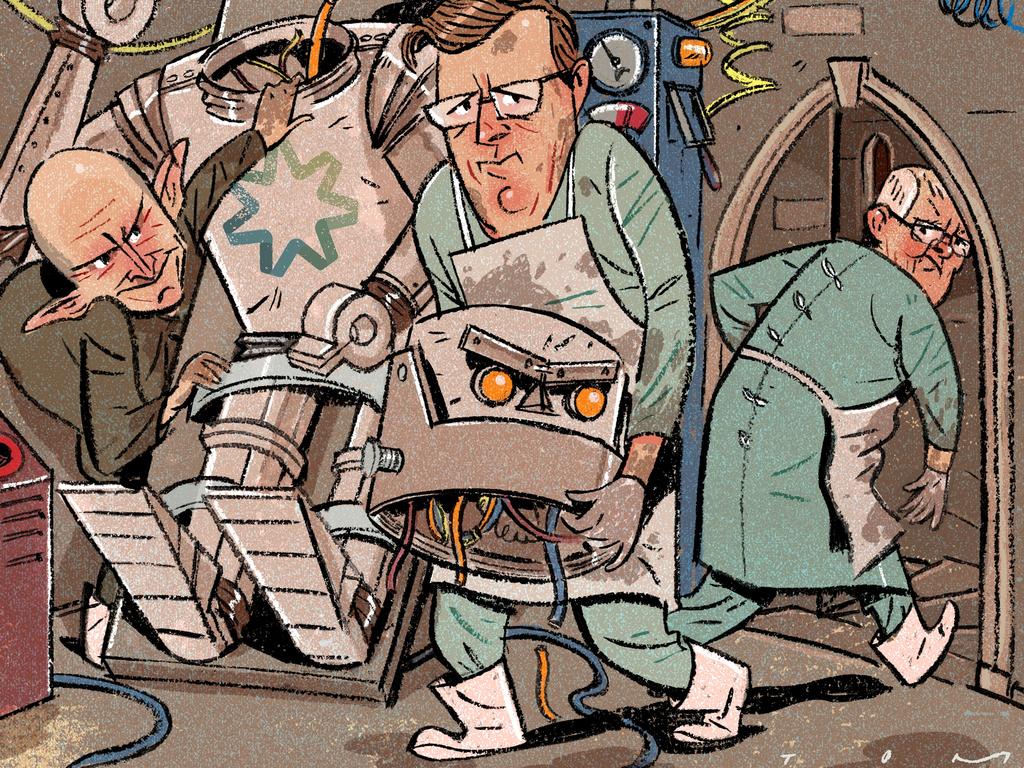
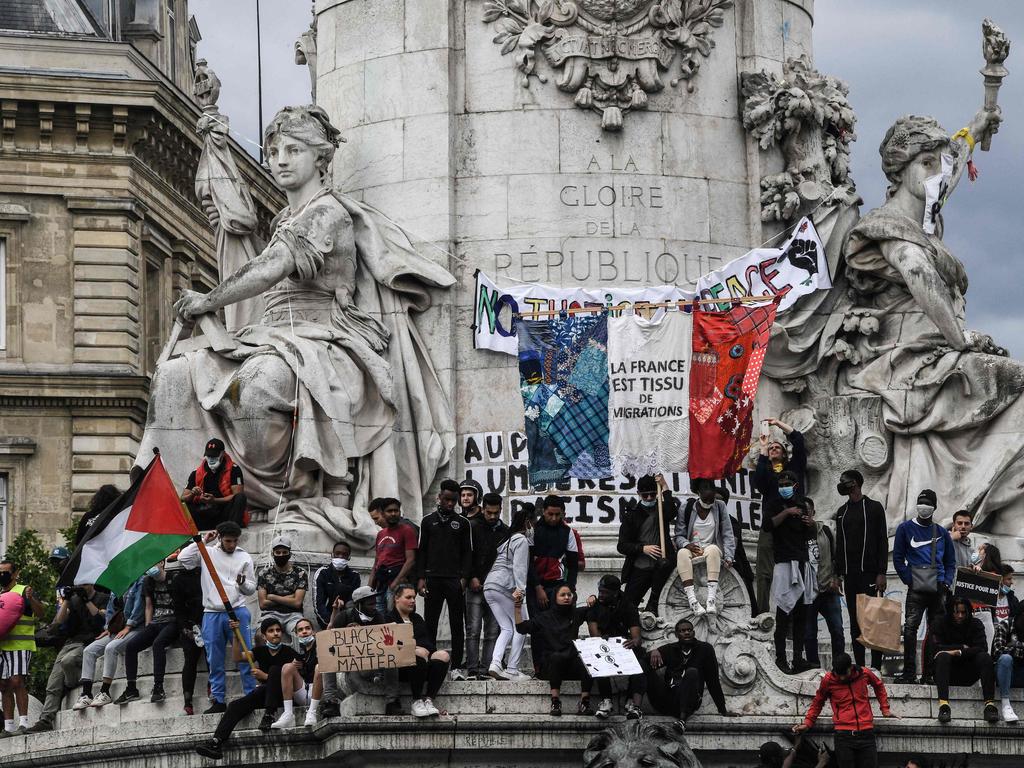
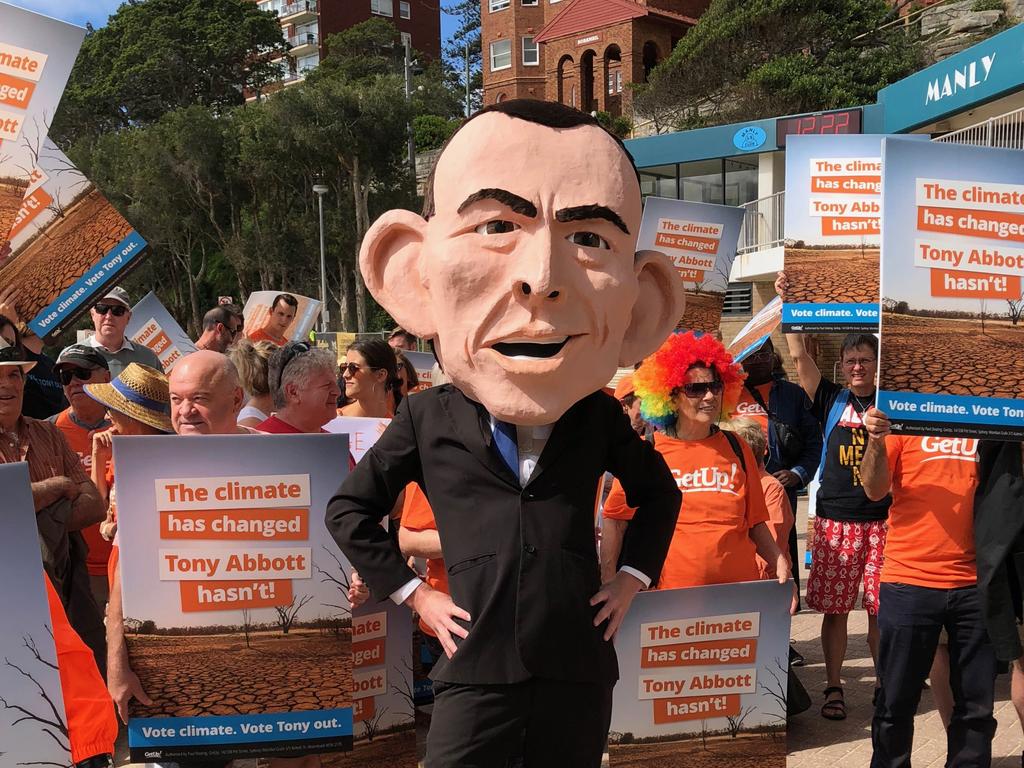


Barack Obama was a relative outsider when he ran for president in 2008. He had served in the Illinois Senate and the US Senate. His campaign was built on the promise of a new generation busting through establishment politics. He defeated frontrunner Hillary Clinton to claim the Democratic nomination and vanquished respected Republican war hero John McCain in the election.